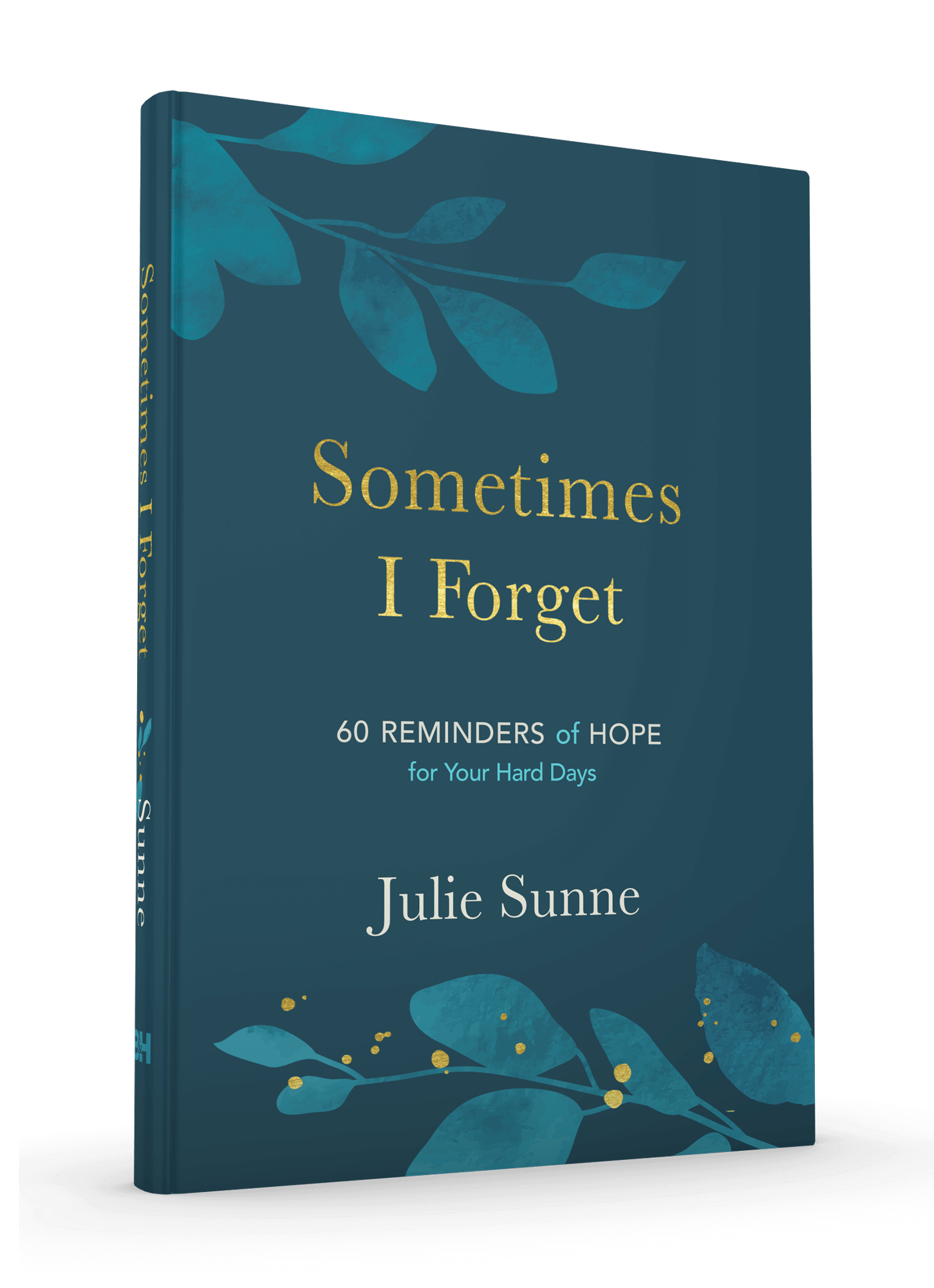Speak Up!

This past Tuesday, I attended a meeting with all of the staff that will be working with Rachel this year. That included six general education teachers, her special education teacher, three state education agency personnel, the principal, counselor, her one-to-one paraprofessional, and another paraprofessional that will be working with her at times.
The reason for the meeting was so that I could familiarize staff with who Rachel is, how she learns best, and how to handle misbehavior. We also discussed expectations for the year and brainstormed ideas on how to make her 7th-grade year successful.
Along with Individualized Education Plan (IEP) meetings, these “Get to Know Rachel” gatherings have become yearly events in my life as I have discovered that while they do not ensure smooth sailing for the year, they do head off many potential misunderstandings and problems as well as promote a positive team atmosphere. However, like many parents, I was not always so willing to speak up about what I felt was in Rachel’s best interest.
Often caregivers are scared to advocate for their loved ones. They’re not sure if anyone will listen or take them seriously. Disagreeing with or questioning doctors often doesn’t seem right or respectful. And IEP meetings are known to strike terror into the hearts of many parents.
I felt the same way (still do at times) not so many years ago. I would come out of doctor’s appointments feeling like I had no choice about procedures or therapies. Or I would leave an IEP meeting totally confused over what Rachel’s education would look like or who she would be with.
Even if I would have had enough courage to voice my opinion at that time, I was so ignorant as to what was being discussed that I really didn’t have an opinion to voice.
Advocacy
However, over the years I began to see that if I didn’t learn how to fight for my child’s education and medical decisions, the easy road, not necessarily the best, would be taken. I wasn’t about to let that happen.
Thus, began a quest to learn some medical and educational jargon and acronyms, to familiarize myself with my rights as a guardian, to develop positive relationships with others that I could trust to help me make the right decisions for my daughter, and to convince myself that I did have something worthwhile to say about her care.
It is not just “nice” for parents to learn to be their child’s advocate, it is imperative. No one knows your child as well as you do–their likes and dislikes, strengths and weaknesses, and history and potential. Although an extreme example, the following story illustrates the importance of standing strong for your child.
Son-Rise Program
Although Rachel does not have autism, Dave and I attended the Son-Rise Program at the Autism Treatment Center of America in Massachusetts when she was 4, hoping to gain some tools to help her development.
It was a significant milestone in our acceptance of Rachel as Rachel, and we learned some simple but very effective techniques to enhance her interaction. We also learned about the importance of being bold for our children.
The couple that developed the Son-Rise Program did so, not with an M.D. or Ph.D., but with the love of parents determined to enjoy their son who was diagnosed as seriously and incurably autistic with an IQ of less than 30.
Barry Neil and Samahria Lyte Kaufman were counseled by doctors to institutionalize their son Raun, enjoy their two daughters, and forget they ever had him. Horrified, they chose instead to do what they knew was best for him–to embrace and enjoy him as their special unique son. In their pursuit to engage their mute, withdrawn little boy, they developed an innovative program that transformed Raun into a highly verbal, socially interactive youngster with a near-genious IQ.
By standing up for what they knew was best, not necessarily what the professionals were telling them, Raun’s parents helped him achieve goals far beyond what the doctors believed possible. Bearing no traces of his former condition, Raun graduated from an Ivy League university and went on to become the director of an educational center for school-aged children.
Today, Raun teaches families and individuals at the Autism Treatment Center of America. Imagine how different his life would be if his parents hadn’t decided to advocate for him!
Biblical Example
Another amazing illustration of advocacy in action comes from the Book of Luke in the Bible. Luke 5: 17-26 tells the story of a man who was paralyzed. His friends were trying to get him to Jesus, believing that if they did, he would be healed. An enormous crowd prevented them from getting close to Jesus, but unwilling to give up on what they believed was right for their friend, they devised a plan to lower the man on the stretcher through the roof into the middle of the crowd before Jesus.
Because of their determination to follow through with what they felt was best for their friend despite the obstacles, the man was able to walk again. Now that’s persistence and faith!
There is no doubt that advocacy is difficult. But it is also true that it can and will get easier. Be informed, be respectful, and be bold, and let your voice be the voice for those who have none!
Let your voice be the voice for those who have none! Click To Tweet
“Speak up for those who have no voice, for the justice of all who are dispossessed. Speak up, judge righteously, and defend the cause of the oppressed and needy.” Proverbs 31:8-9
Reflections: How are you being called to be an advocate, to speak up for those who have no voice?
By His Grace,
Julie

Hello, I'm Julie, an imperfect wife and mother of four. Life in this broken world is not always easy. Yet, joy can be found in each day through the grace and mercy of the Lord Jesus Christ.
I find it's easy for our day's blessings to get lost in its happenings. But God's "mercies never end" (Lamentations 3:22) and His "grace is sufficient" (2 Corinthians 12:9).
May the posts and pages on this site offer you a measure of peace and encouragement.
Search the Blog
Categories

Maintain Godly Focus!
Are you struggling to maintain godly focus in the mess of each day's living? Do you too easily find yourself worrying about circumstances instead of trusting in God's promises? If you answered yes, why not download my ebook. It's filled with 25 power verses with space for personal reflection to help you maintain godly focus, no matter what situations arise.
(Privacy policy: Don't worry, your information is safe you can unsubscribe at any time.)
New Book, Just Released!

